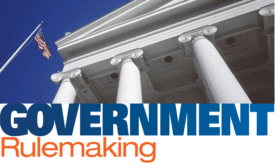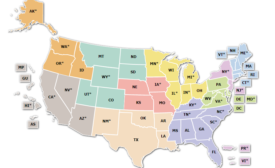Government Safety Regulations
AIHA supports HazCom Registry Preparation workshop
Course will be offered March 16-17 in Las Vegas, Nevada
January 25, 2019
Never miss the latest news and trends driving the safety industry
eNewsletter | Website | eMagazine
JOIN TODAYCopyright ©2024. All Rights Reserved BNP Media.
Design, CMS, Hosting & Web Development :: ePublishing







